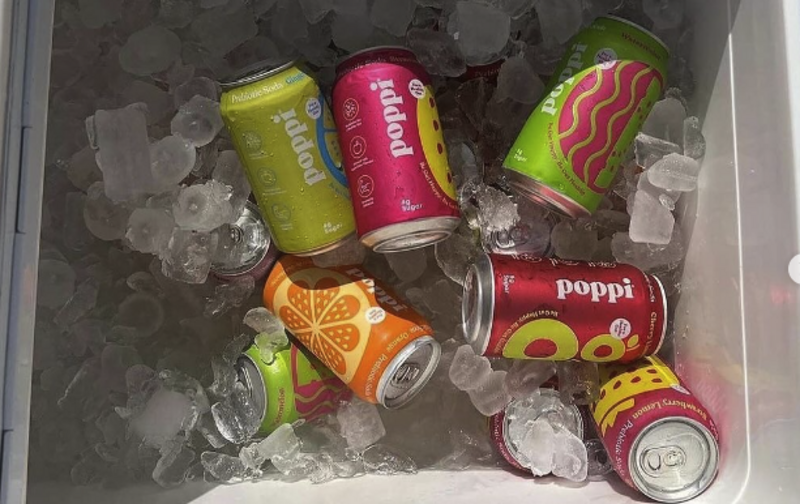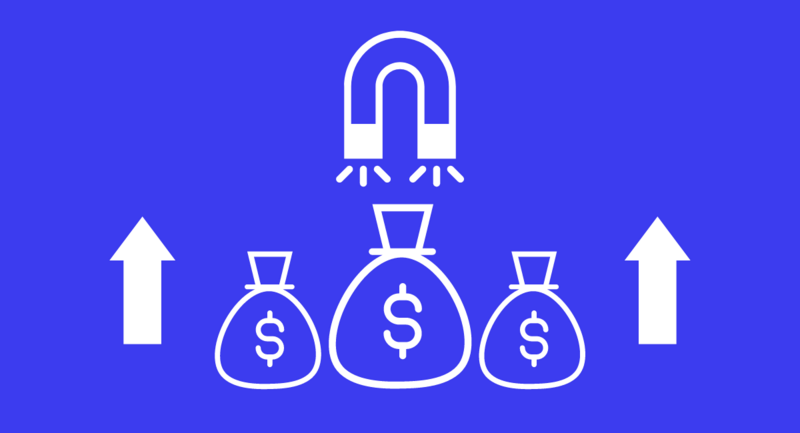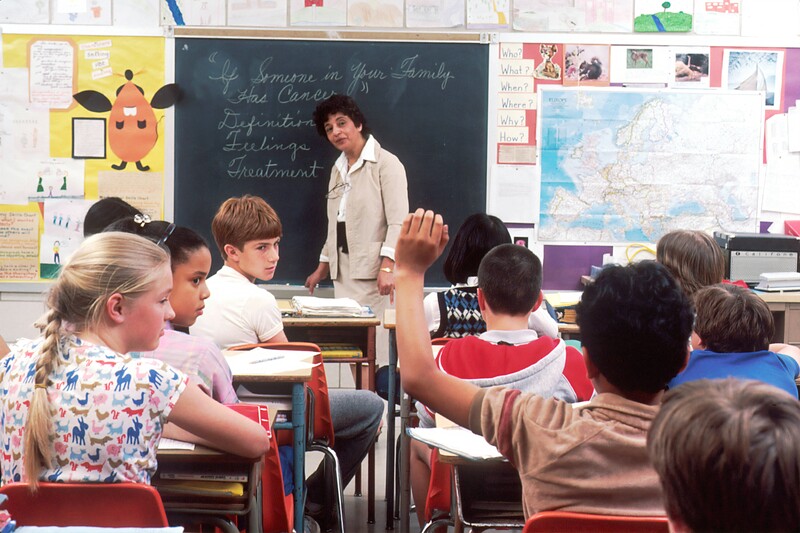The market for cigarettes might be going up in smoke, but Big Tobacco has new products ready to take their place.
Driving the news: Tobacco giants Philip Morris and Altria both posted revenues last quarter that blew past analyst estimates thanks to booming demand for smoke-free cigarette alternatives like nicotine pouches and heated tobacco sticks.
%20(1).jpg)

.jpg)


%20(10).jpg)
.png)




.jpg)


%20(9).jpg)
.jpg)

.jpg)
%20(1).png)
%20copy.jpg)